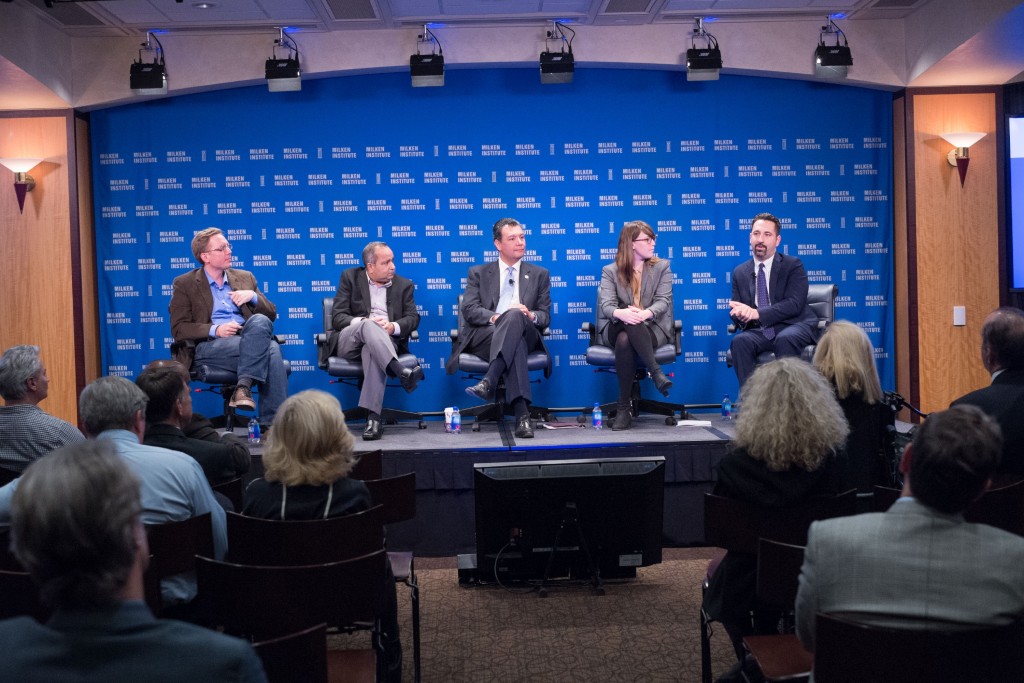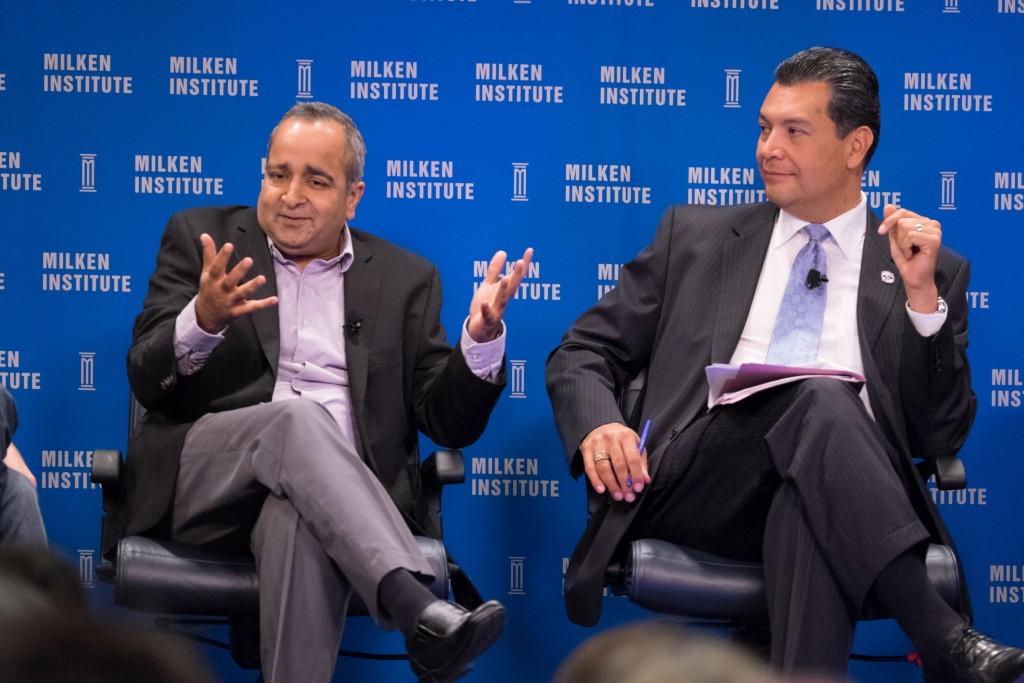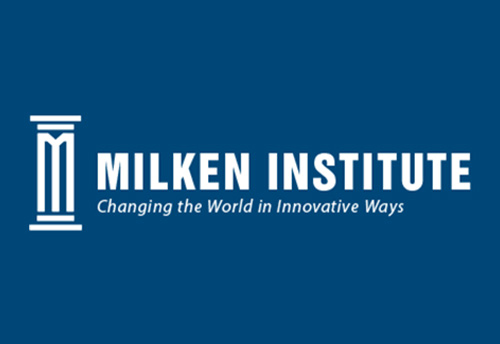There’s a global movement to mandate governments at all levels to make machine-readable data publicly available. This initiative has the potential to enhance government transparency and efficiency, and create economic development anywhere. Even though California is a hot bed of technology companies leveraging Open Data, it’s hardly a pioneer on the Open Data frontier. California isn’t even among the top 10 states that have developed policies around Open Data, so last month, Governor Brown signed two new Open Data bills. The first, AB 169, requires all data published online by California governments be published in an open format that’s machine readable, easily downloadable, and digestible. The second bill, SB 272, requires all agencies create an index of all the different data systems they run and publish the index online.
Some say this is a landmark shift for the government, and while I agree it’s a great step in the right direction, I say it’s just the beginning.
Trulia has been one of the biggest consumers of government Open Data for years, and as such, I was invited to share my points of view on a panel at the California Milken Institute earlier this week, alongside Secretary of State Alex Padilla, General Manager of the City of Los Angeles Information Technology Agency Ted Ross, and Senior Advisor to the Executive Director of Code for America Alicia Rouault.

From Left: Moderator Ben Welsh, Deep Varma, Alex Padilla, Alicia Rouault and Ted Ross. Photo credit: Milken Institute
At Trulia, we have dozens of engineers sorting through unformatted data from more than 3,000 counties across the nation. Needless to say, I have lots to say about Open Data, but I had three key points I wanted to make about maximizing the potential of government Open Data:
- Define the common language
- Frequency and relevancy matter
- Open Data has ROI

Deep Varma and Secretary of State Alex Padilla
Define Common Language
Currently, some government agencies publish data online as PDFs, some publish it in Excel or a multitude of other formats. Trouble is, PDFs aren’t machine readable, and when information is in a number of different formats, manpower is wasted having to sort through every piece of information to read and understand it. Instating standards means anyone can pick up a piece of data and easily digest and understand why it’s relevant to them, meaning anyone (or company) can easily use it.
Frequency & Relevancy Matter
In Silicon Valley, we move fast. If you don’t move fast here, you’re out of a job. But, public policy tends to move slower. While governments start publishing data, it’s imperative they do it quickly. If data isn’t up to date, what value does it have? None.
Open Data Has ROI
Open Data means companies and governments can serve the people better and faster. That’s the ROI. Just look at what we do at Trulia; our engineers do the ugly job of collecting data, making sense of it and presenting it to you so you can make informed decisions. On the flip side, and as Ross mentioned in Wednesday’s panel, companies can feed data back to the government. Take Waze as an example, they leverage government data to route maps for drivers. Drivers will notify Waze if they see a pothole or debris in the road. That information is funneled back to government agencies so they can know to take action. That’s also the ROI.
Overall, in taking a step back, we first need a mindset shift in the government in order to move forward. From the top down, we need officials to understand the value of Open Data and to take action by asking public and private sectors to join forces. Once we can achieve that, we can all really start better servicing you.
If interested, the full session is available on Milken’s YouTube channel.


